Dhaka, Jan 9, (V7N) – Dhaka, the capital of Bangladesh, ranked as the world’s fifth most polluted city this morning with an Air Quality Index (AQI) reading of 186, categorizing its air as “unhealthy.” The index, a critical metric for evaluating air quality, warns of severe health risks for residents exposed to such levels of pollution.
Global Rankings
Delhi, India, retained its position as the most polluted city globally, with an alarming AQI of 287. Lahore, Pakistan, and Kampala, Uganda, followed with AQI readings of 203 and 190, respectively. Dhaka shared the rank of 186 with Hanoi, Vietnam, underscoring the severe air quality crisis faced by several urban centers.
Health Implications
An AQI of 186 indicates that air pollution poses significant health threats to the general population, with heightened risks for vulnerable groups such as children, the elderly, and individuals with preexisting health conditions. The primary pollutant in Dhaka’s air is fine particulate matter (PM2.5), which was measured at 105.6 µg/m³—21 times higher than the World Health Organization’s (WHO) recommended annual guideline.
Exposure to such levels of PM2.5 can lead to severe respiratory and cardiovascular complications, including increased risks of stroke, heart disease, and lung cancer. According to WHO estimates, air pollution contributes to over seven million deaths annually worldwide.
Seasonal Trends and Contributing Factors
Dhaka’s air quality deteriorates significantly during winter due to increased emissions from brick kilns, vehicle exhaust, and construction activities. The lack of rainfall during this period exacerbates pollution levels, as particulate matter remains suspended in the atmosphere for longer durations. In contrast, air quality typically improves during the monsoon season.
The AQI considers pollutants such as PM2.5, PM10, nitrogen dioxide (NO2), sulfur dioxide (SO2), carbon monoxide (CO), and ozone (O3). Among these, fine particulate matter (PM2.5) is particularly concerning due to its ability to penetrate deep into the lungs and bloodstream, causing long-term health damage.
While Dhaka grapples with unhealthy air, other cities also face significant challenges:
Delhi, India: AQI 287 (“Very Unhealthy”)
Lahore, Pakistan: AQI 203 (“Very Unhealthy”)
Kampala, Uganda: AQI 190 (“Unhealthy”)
Manama, Bahrain: AQI 186 (“Unhealthy”)
Efforts to mitigate air pollution in Dhaka and other affected cities require immediate and coordinated actions, including stricter emission controls, improved urban planning, and investments in clean energy technologies. Without urgent measures, the health and economic consequences of sustained pollution levels will continue to rise.
As air quality remains a critical global health and environmental issue, this latest data underscores the need for long-term, sustainable solutions to combat urban air pollution.
END/CLM/RH



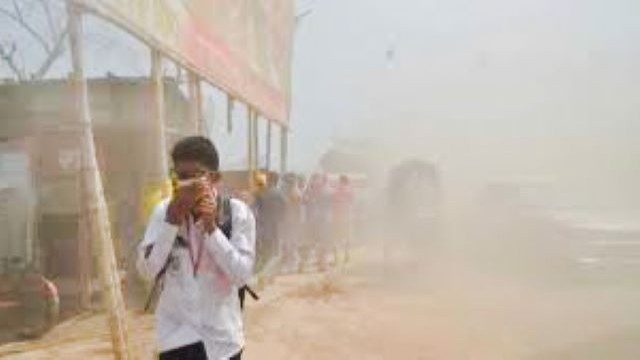

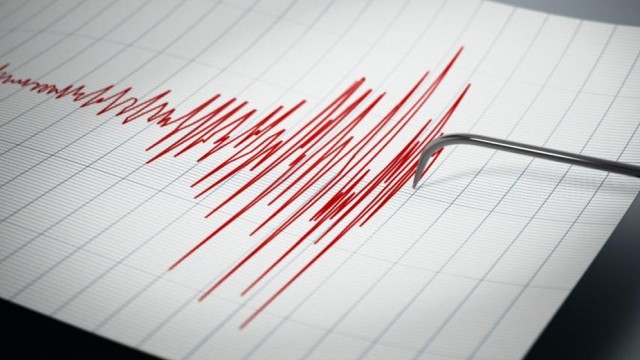
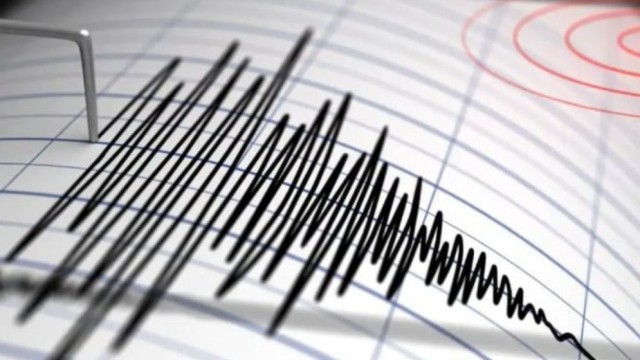
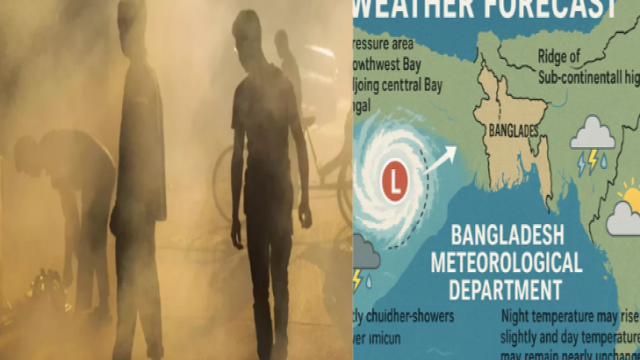
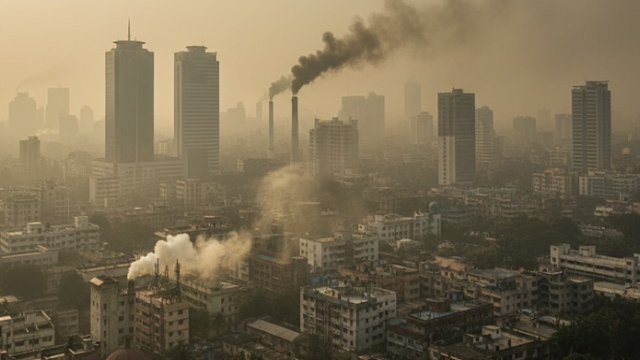





















Comment: